In today's globalized economy, the efficient transportation, handling, and storage of products are essential for businesses to remain competitive. However, these processes are often hindered by environmental factors and weather-related challenges. Therefore, the development of products that are resistant to environmental conditions and weather damage is crucial for enhancing performance in these areas.
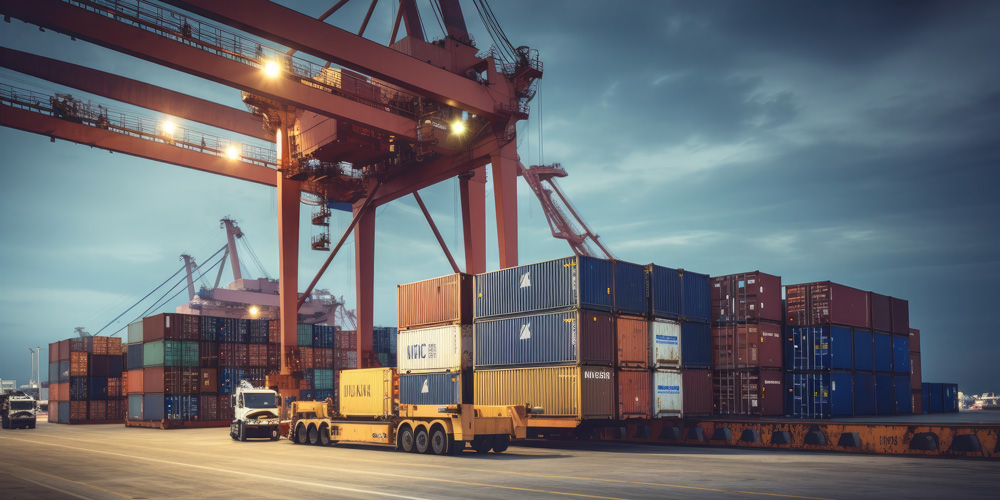
The impact of environmental conditions and weather damage on products can be substantial, leading to deterioration, spoilage, and reduced shelf life. Extreme temperatures, humidity, sunlight, and other environmental factors can result in the degradation of goods during transportation and storage. In addition, exposure to adverse weather during transit can cause physical damage and compromise the quality of products, leading to financial losses for businesses.
To address these challenges, advancements in materials science and manufacturing technologies have paved the way for the production of goods that exhibit enhanced resistance to environmental conditions and weather damage. For example, the use of advanced polymers, composite materials, and protective coatings has enabled the creation of packaging and transportation containers that offer greater durability and weatherproofing capabilities. Furthermore, innovative engineering designs and manufacturing techniques have led to the development of products that can withstand harsh environmental conditions without compromising their functionality and integrity.
The implementation of such resilient products has far-reaching benefits across various industries. In the realm of agriculture and food supply chains, the use of weather-resistant packaging and storage solutions helps to mitigate the impact of climate variations and ensures the preservation of food quality during transportation and storage. Likewise, in the realm of industrial goods and equipment, the incorporation of weather-resistant materials enhances the durability and lifespan of products, reducing maintenance costs and downtimes.
Furthermore, the transportation industry stands to benefit significantly from the integration of weather-resistant technologies. Vehicles designed with weatherproof features and materials are better equipped to withstand extreme conditions, ensuring the safe and reliable movement of goods across diverse climates and terrains. This, in turn, contributes to greater operational efficiency and reduced risks associated with product damage and loss.
In conclusion, the development and deployment of products that are resistant to environmental conditions and weather damage have yielded substantial improvements in the performance of transportation, handling, and storage of goods. Through the utilization of advanced materials, design innovations, and technological solutions, businesses are better equipped to navigate the challenges posed by unpredictable environmental conditions and weather-related risks. As a result, the resilience of products in the face of adverse circumstances not only minimizes economic losses but also enhances overall operational efficiency and customer satisfaction. Looking ahead, continued investment in research and development in this area will be pivotal in advancing the resilience and sustainability of global supply chains.
Other Products

Buying or renting pallets? Which work is better?
When it comes to the logistics and storage industry, the decision between buying and renting pallets is crucial and can...

Environmental impacts of Pressed Pallets
Pressed pallets are recognized as one of the newest inventions in the transportation industry that pay special attention to environmental...
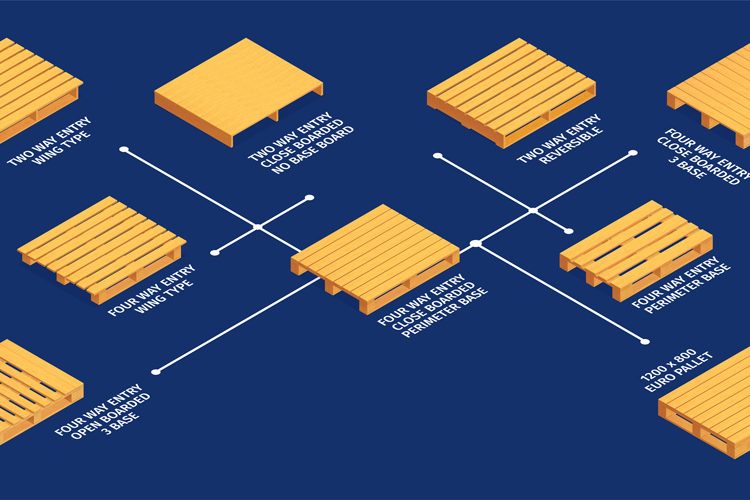
Familiarity with different types of pallet designs
In addition to the diversity in the material and dimensions of pallets, there are other differences between different types of...
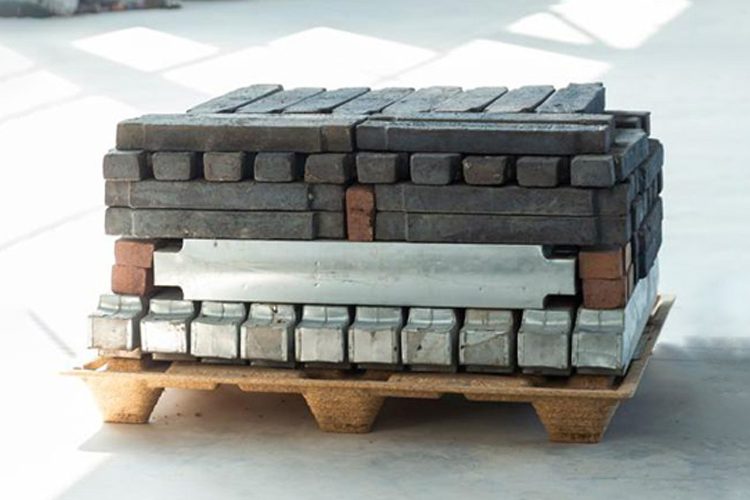
High Strength Against Heavy Weights
The importance of high-strength pallets against heavy weights cannot be overstated, as they form the backbone of efficient transportation and...
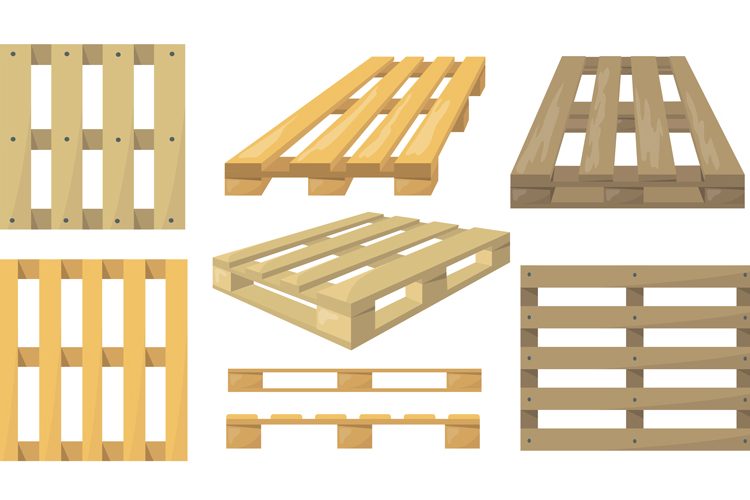
The Standard pallet size in various industries
The standard dimensions of a pallet, also known as pallet dimensions, are very important based on the packaging dimensions of...

Signs of pallets and their meanings?
There are around 100 standard sizes of pallets in the world. Therefore, the diversity of available pallets from a technical...
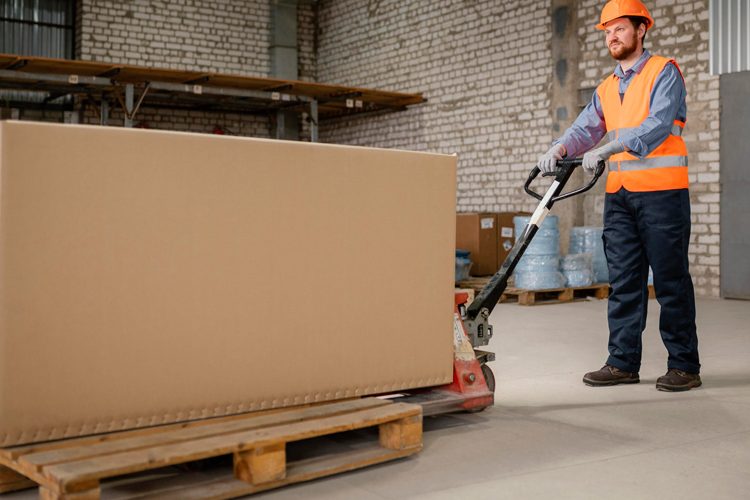
Equipment for pallet handling
Easy Homemade Remedies with Rosewater for Luscious Hair and Glowing Skin Today, with the growth of industry, many organizations are...
